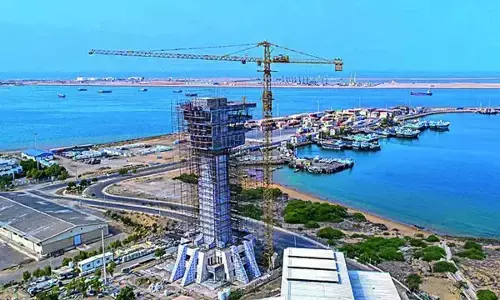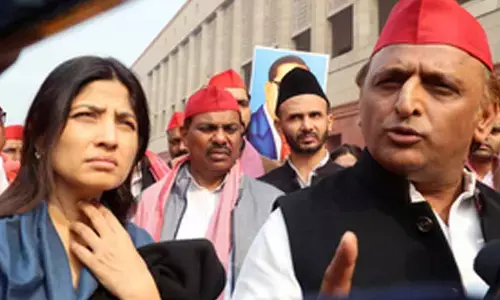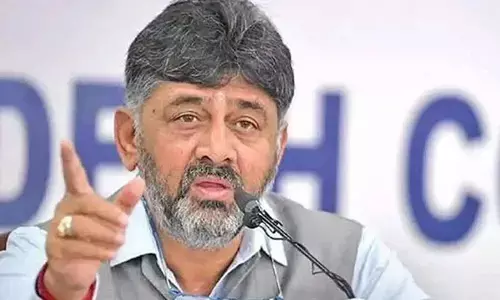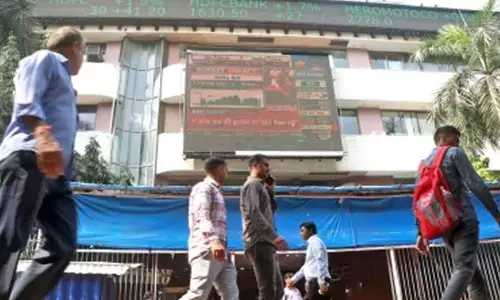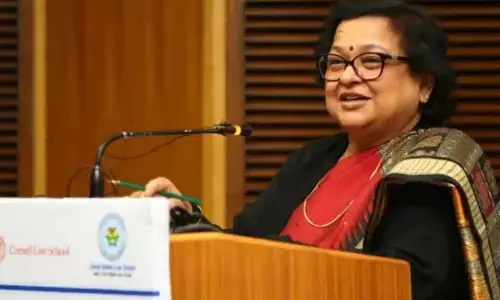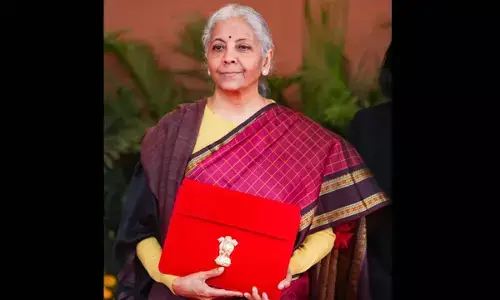Hiroshima marks 73rd anniversary of atomic bombing in WWII
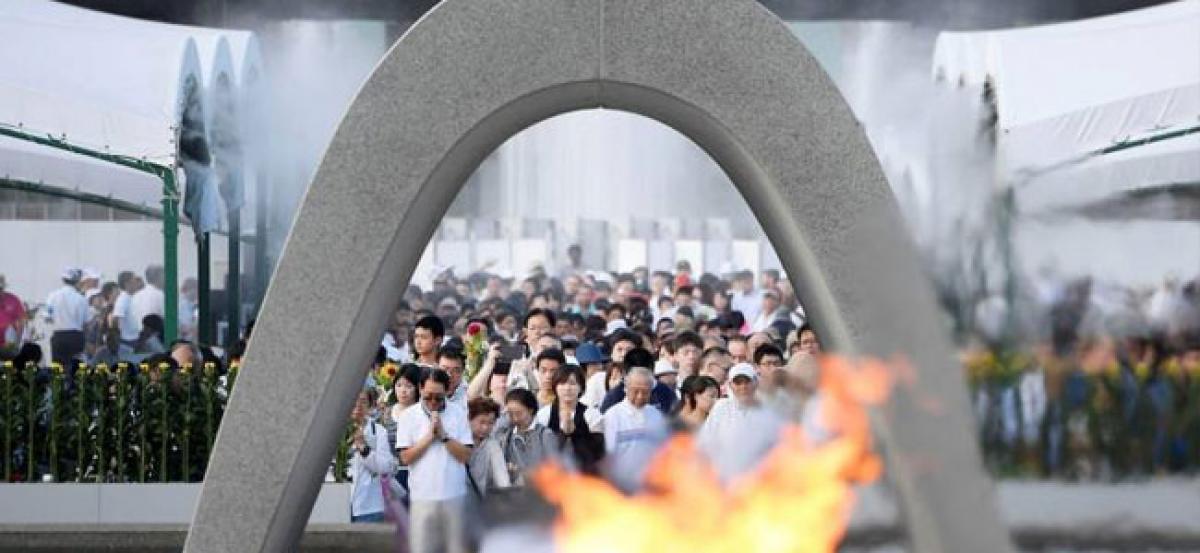
The US attack on Hiroshima killed 140,000 people, and the bombing of Nagasaki killed more than 70,000 three days later, leading to Japans surrender and ending World War II
The U.S. attack on Hiroshima killed 140,000 people, and the bombing of Nagasaki killed more than 70,000 three days later, leading to Japan’s surrender and ending World War II.
Hiroshima marked the anniversary of the Aug. 6, 1945, atomic bombing with a somber ceremony Monday to remember the people killed and injured and a call to eliminate nuclear weapons amid hopes of denuclearizing North Korea.
Mayor Kazumi Matsui opened his peace address by describing the hellish scene of the blast that morning 73 years ago and the agony of the victims, telling the audience to listen “as if you and your loved ones were there.” He raised concerns about the rise of egocentric policies in the world and warned against the idea of nuclear deterrence as a threat to global security. Mr. Matsui urged leaders to steadily work toward achieving a world without atomic weapons.
“Certain countries are blatantly proclaiming self-centered nationalism and modernizing their nuclear arsenals, rekindling tensions that had eased with the end of the Cold War,” Mr. Matsui said, without identifying the countries. Nuclear deterrence and nuclear umbrellas are “inherently unstable and extremely dangerous” approaches that seek to maintain international order by only generating fear in rival countries, he said, urging world leaders to negotiate in good faith to eliminate nuclear arsenals instead.
The U.S. attack on Hiroshima killed 140,000 people, and the bombing of Nagasaki killed more than 70,000 three days later, leading to Japan’s surrender and ending World War II.
The anniversary comes amid hopes to denuclearize North Korea after Kim Jong Un and President Donald Trump made vague aspirational statements of denuclearizing the peninsula when they met in Singapore in June. “We in civil society fervently hope that the easing of tensions on the Korean Peninsula will proceed through peaceable dialogue,” he said.
Japan should take a more constructive role to achieve a nuclear-free world, he said, urging Tokyo to help the Treaty on the Prohibition of Nuclear Weapons take effect. Japan, which hosts U.S. troops on its land and is covered by the U.S. nuclear umbrella protecting it from attack, has not signed the treaty.
Prime Minister Shinzo Abe, who also was at the ceremony, said differences between the nuclear and non-nuclear states are widening. But he pledged to do more to bridge their gap. In order to gain cooperation from both sides, it is important for everyone to understand “the reality of the tragedy of nuclear attacks,” he said, and reiterated Japan’s pledge to maintain it pacifist and non-nuclear principles.









